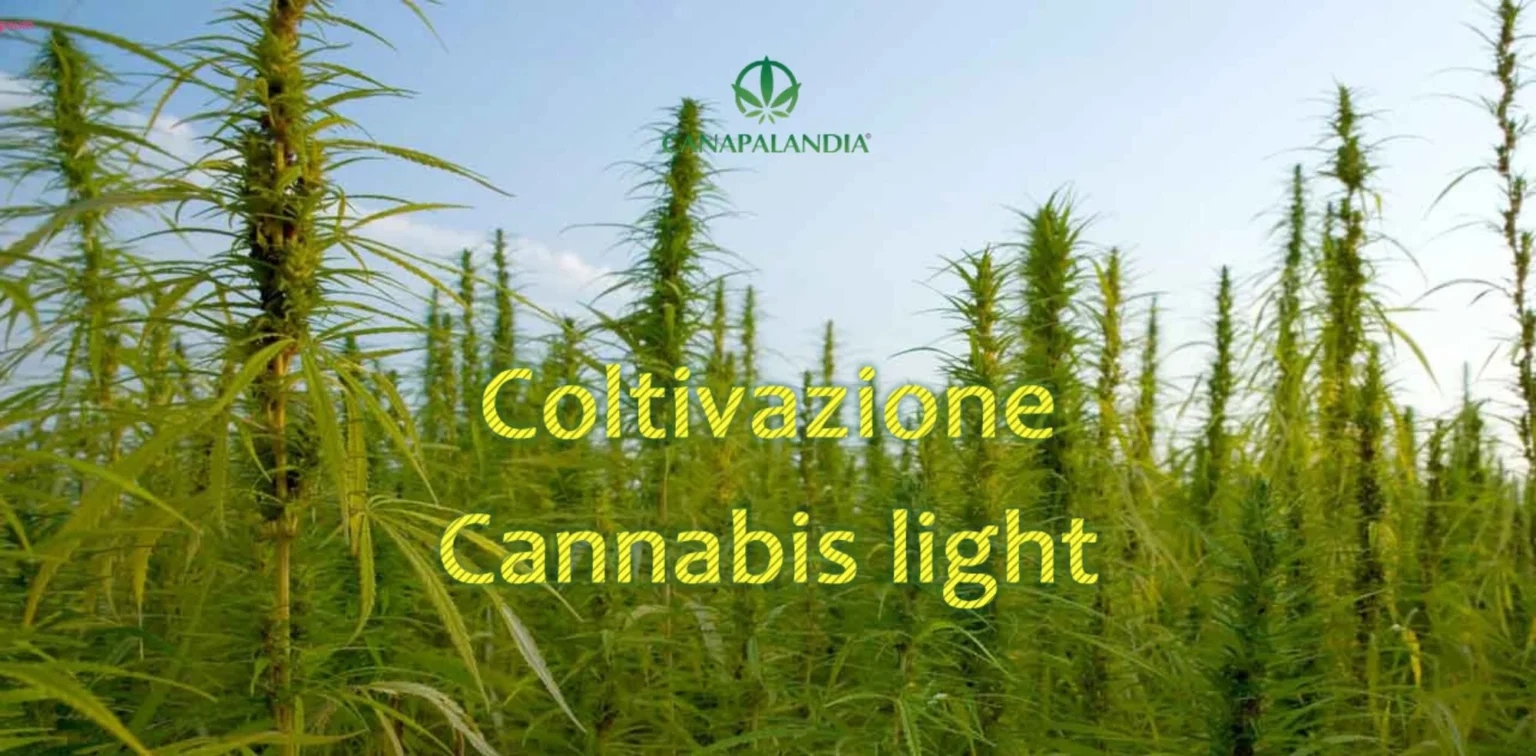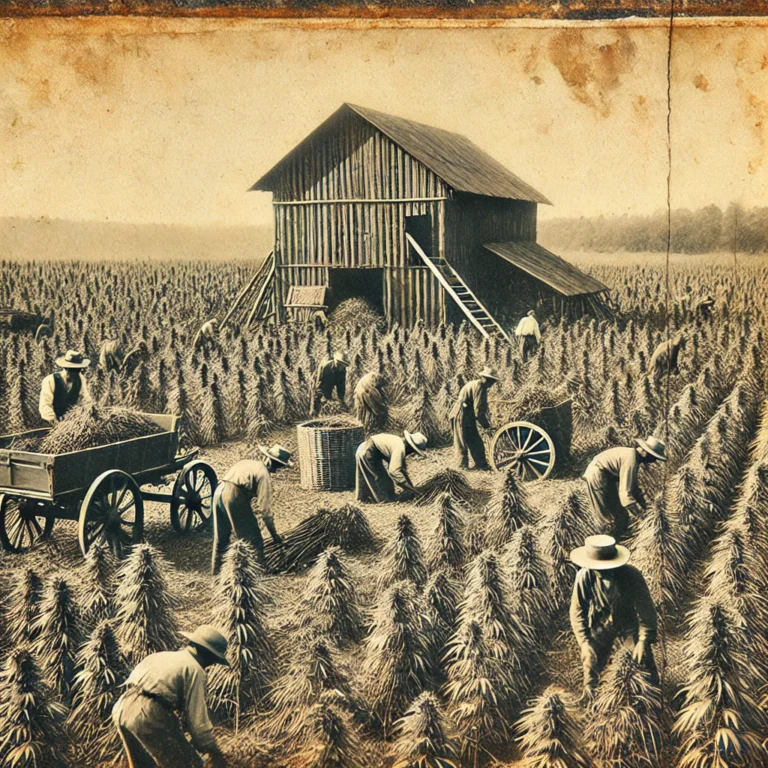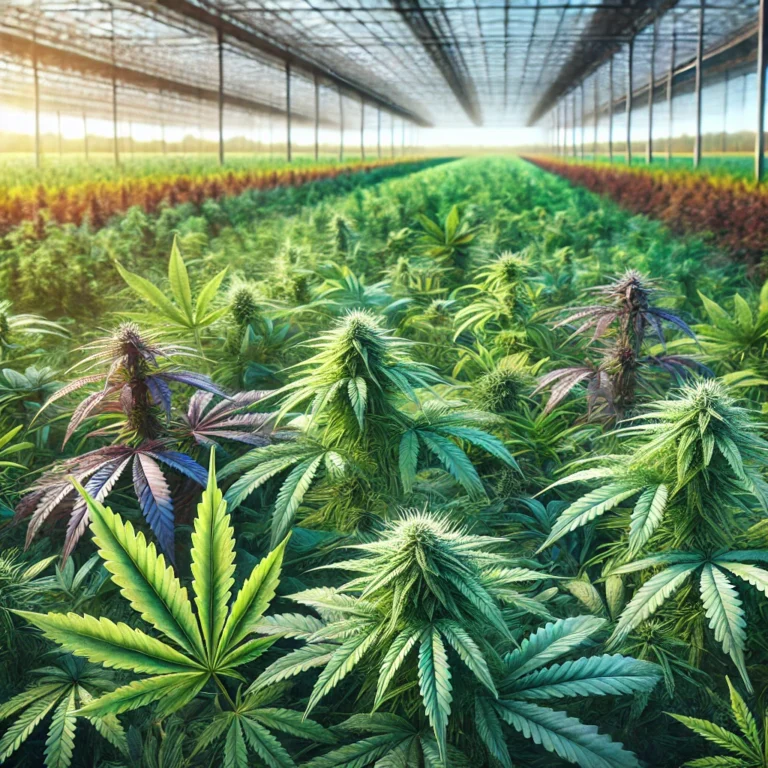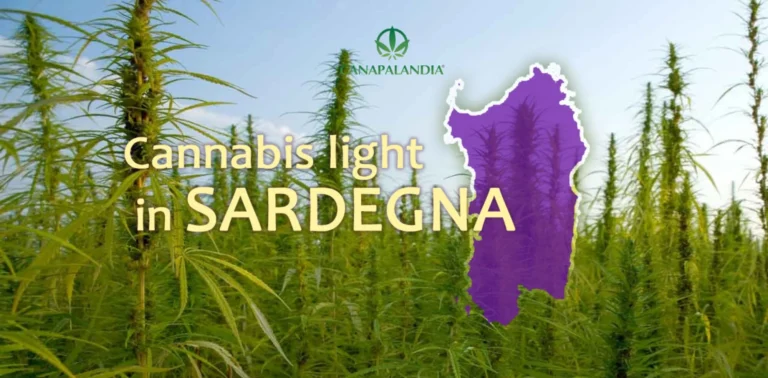The Most Popular The Most Common Hemp Varieties for Cultivation in Italy Varieties for Cultivation in Italy
What are the Most Popular Hemp Varieties for Cultivation in Italy?
A common question from our customers concerns the selection of legal hemp seedlings for cultivation. Depending on the end goal, whether for flowers, textile fiber, or biomass, there are different hemp varieties best suited for each type of production.
The Best Varieties for Flower Production
Among the varieties best suited for producing high-quality flowers is Eletta Campana, an Italian dioecious strain derived from crossing Carmagnola with German fiber hemp. It stands out for its height and is particularly suited to the growing flower market, where it is valued for its unique properties.
Another popular variety is Finola, an autoflowering dioecious strain known for producing CBD-rich flowers. In addition to flowers, Finola is ideal for hemp seed oil and food production, making it a versatile choice across various sectors.
The Best Varieties for Textile Fiber Production
For textile fiber production, two promising but less widespread varieties in Italy are Kompolti and Antal. Kompolti is a dioecious Hungarian variety, while Antal is monoecious. Both are robust but considered late-harvesting. Thanks to their characteristics, they are ideal for producing high-quality textile fibers.
Varieties for Biomass Production
When it comes to biomass production, one of the most well-known and appreciated varieties is Carmagnola. This Italian dioecious strain has been cultivated for centuries and is renowned for producing biomass, as well as being used for flowers and seeds. Carmagnola is a true Italian genetic heritage.
Another variety used for biomass is Tiborszallasi. Originating from Hungary, this strain has spread across Europe and is a reliable and productive option for those seeking biomass cultivation.
These are just some of the hemp sativa varieties we offer on our site. However, we are constantly exploring new genetics to add to our catalog. If you are interested in growing legal hemp sativa, you can find our seedlings here: Hemp Sativa Seedlings.
Monoecious vs. Dioecious: What’s the Difference?
Another key aspect to consider when choosing a hemp variety is the distinction between monoecious and dioecious plants. Dioecious varieties produce separate male and female plants. After flowering, the male plants dry up and die, while female plants mature the seeds. This type of variety is often preferred for seed and flower production.
Monoecious varieties, on the other hand, are characterized by having both male and female flowers on the same plant. This can offer some advantages in terms of sowing and crop management, as the crop does not depend on the presence of different-sex plants.
If you enjoyed this article and found it useful, feel free to share it on your social media!
Pubblicità
🧠 Prova il Ribaltatore
Ribalta questa frase proibizionista con l'AI e scopri l'ironia dietro lo slogan.
Ribalta "The Most Popular The Most Comm..."🔍 Frasi Correlate
Cerca altre frasi e contenuti su questo tema nel nostro archivio.
Cerca "Cannabis news"Supporta Canapalandia
Se questo contenuto ti è stato utile, puoi sostenerci: ci aiuta a mantenere il progetto indipendente e aggiornato.






